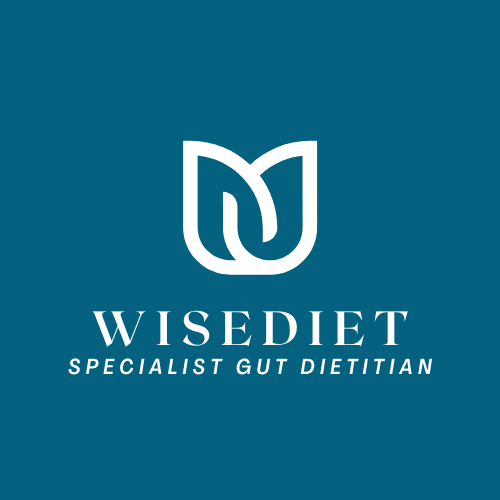Diverticular Disease - should I be worried?
You may have been diagnosed with Diverticular Disease following a gut investigation, and it might sound like a big deal. Let's break it down in to simple terms so you can navigate this condition with ease.
Diverticula
These are simply small bulges or pockets in the lining of the intestine
First off, Diverticular Disease is not necessarily as dramatic as it sounds. As we age, most people naturally develop small pouches or pockets in their intestines called diverticula. Here's the surprising part – the majority of people don't experience any symptoms throughout their lifetime.
If you find yourself diagnosed with Diverticular Disease, it likely came about after an endoscopy with a gastroenterologist. They might throw around terms like:
Diverticula or Diverticulosis which are simply terms to describe small bulges or pockets in the lining of your intestine . Diverticulosis is common, affecting up to 65% of people over 65 years old. 85% of these patients will experience no symptoms.
Image shows the pockets in the intestine called ‘diverticula’. Most people will experience no symptoms throughout their lifetime
Only 5% of people will develop diverticulitis
Diverticular Disease is when these pockets cause pain on the lower left side of your abdomen with diarrhoea and/or constipation and/or occasional rectal bleeding.
Diverticulitis is when these pockets get infected, resulting in a raised temperature. In fact, only about 5% of people with Diverticular Disease will actually suffer from diverticulitis – therefore it's relatively uncommon.
Diverticulitis is normally associated with a raised temperature
If you suffer with gut symptoms without a temperature then this may be due to Irritable Bowel Syndrome
So, why do these pouches develop?
It may be inherited or caused by a mix of diet and constipation.
Constipation plays a role, causing pressure in your colon. Straining to move hard stools puts extra pressure, leading weak spots in your colon to bulge out, forming diverticula.
Diverticular Disease can be caused by constipation
So what dietary changes should you make if you have Diverticular Disease? The big message is that you no longer need to avoid nuts, seeds, pips, or fruit skins.
Modern dietary advice for diverticular disease and uncomplicated diverticulitis:
Eat a healthy, balanced diet.
Include whole grains, fruits, and vegetables.
No need to avoid seeds, nuts, popcorn, or fruit skins.
Gradually increase fiber intake.
Ensure adequate fluid intake.
Consider weight loss and increased physical activity if advised.
Laxatives may be recommended.
Here's a crucial point – individuals consuming plenty of fiber are less likely to develop diverticular disease. A normal, unrestricted diet is safe and recommended, even for those with acute uncomplicated diverticulitis.
In complete contrast to old advise, new research shows that you should eat plenty of fibre
Some important notes:
Antibiotics should not be prescribed for uncomplicated diverticulitis.
Avoid NSAIDs and opioids, as they may increase the risk of serious complications.
Evidence supporting the use of probiotics is inconsistent, and they're not deemed effective in managing recurrent acute diverticulitis.
Remember, when complications arise, such as fistulas, abscesses, perforation, or bowel blockages, consult your doctor or dietitian for personalized advice.
In conclusion, Diverticular Disease, although sounding like a dramatic diagnosis, is often simply found during a routine endoscopy. And although your gut symptoms may be caused or aggravated by this condition, there are many other causes of gut symptoms, with the most common being Irritable Bowel Syndrome (IBS). Hence, if dietary advice for Diverticular Disease does not help your symptoms then you may find a dietary approach for IBS to be more effective. Seek the advice of a dietitian to ensure that you use the correct dietary approach.





